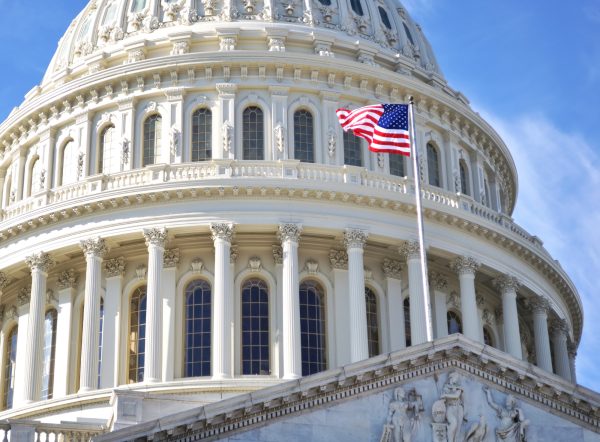Nearly two months after its establishment, the newly-formed House Select Committee on China held its debut hearing on February 28. While both Democrats and Republicans agreed on the need to take a tough stance on China, there were partisan disagreements on how best to counter Beijing’s growing influence. And this time, conflicting economic ideologies are the main driving force of partisanship.
The House Select Committee on China, while not having the power to legislate, will draw attention to the competition between the United States and China on a wide range of fronts and make policy recommendations that could impact the decisions of Congress and the executive branch. The first hearing of the panel set a key tone, emphasizing a clear separation between the Chinese Communist Party (CCP) and the Chinese people. To highlight this point, the Republican leader of the China committee, Mike Gallagher, condemned an attack from another GOP lawmaker on Representative Judy Chu, the first Chinese American congresswoman.
Along with Democratic Representative Raja Krishnamoorthi, Gallagher emphasized the “bipartisan center of gravity on China,” both within the committee and in Congress as a whole. Despite two protesters briefly disrupting the hearing to voice their opposition to anti-Asian hate that may be exacerbated by the panel, the bipartisan agreement on countering China is clear.
Nevertheless, a partisan divide emerged over how to counter China. Democrats on the panel advocated for a defensive, domestic-oriented strategy to offset challenges from China through government-led industrial policies. Essentially, Democrats want to subsidize U.S. manufacturers in a bid to counter China’s dominance of global supply chains, especially in the realm of semiconductors. They argued that this strategy could contribute to both national security and economic growth.
Read the full article here





